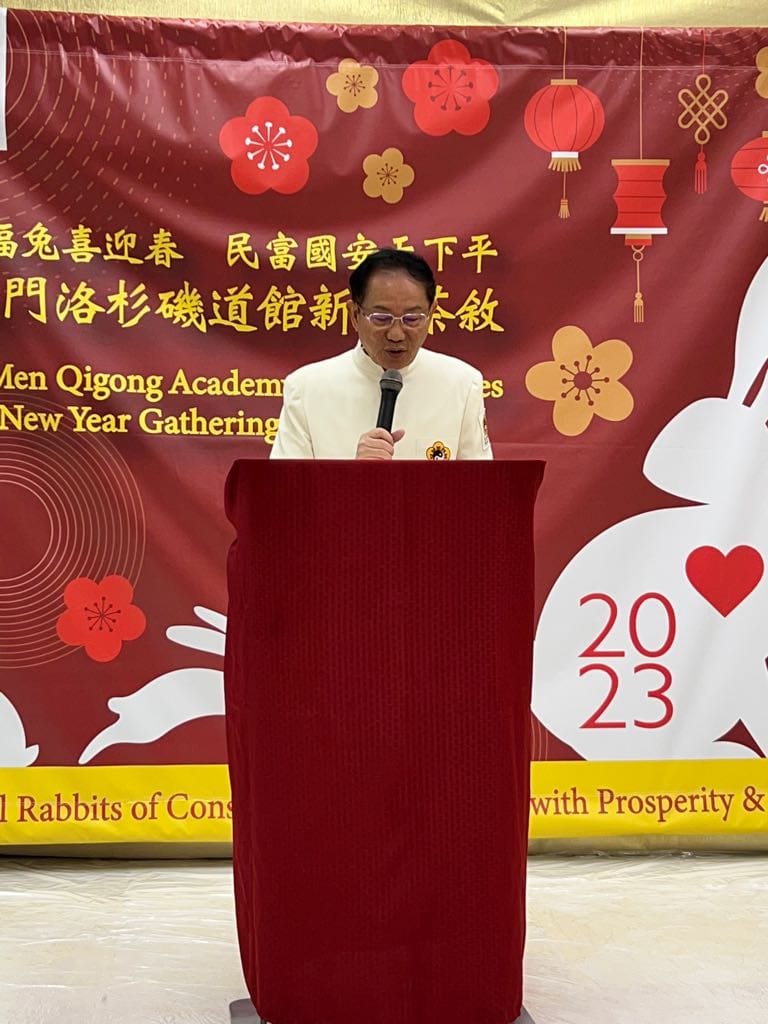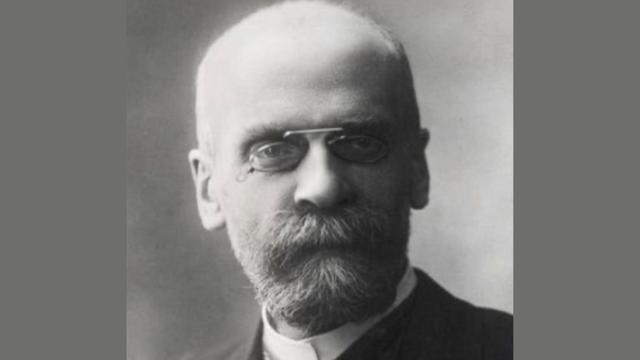French sociologist Émile Durkheim founded Sociology of Education but was uncertain about how to solve the modern educational crisis. The key is conscience, but those who advocate for conscience education are often persecuted.
by Massimo Introvigne*
*A paper presented at the webinar “Educating Human Rights Activists to Understand the Tai Ji Men Case,” co-organized by CESNUR and Human Rights Without Frontiers on January 28, 2023, after the International Day of Education (January 24).

Émile Durkheim (1858–1917) was not only one the founders of the Sociology of Religions. He was one of the founders of the science of Sociology in general. In a previous webinar, organized on the eve of Human Solidarity Day 2022, I discussed how Durkheim founded the Sociology of Solidarity through his doctoral dissertation “De la division du travail social” (The Division of Labour in Society). After the International Day of Education, it is worth mentioning that Durkheim also founded the Sociology of Education—but here the story becomes more complicated.
Durkheim taught a course to those who wanted to become high school professors of philosophy in 1904–1905 in Paris, but never published its text. Only more than 30 years later, and 21 years after Durkheim’s death, was the course published under the title “L’Évolution pédagogique en France” (The Evolution of Pedagogy in France). While later recognized as the text that established the Sociology of Education as a specific subfield, probably Durkheim regarded the ideas of the course as too provocative to be published.
Durkheim starts his course by claiming that, while “pedagogy” is a Greek word, and “school” in its current meaning a Roman one, there was no real education in the classic world. Education is a coherent whole while the Greek and Roman aristocrats received different and often contradictory teachings by different masters, whose aim was the “adornment” of the male young of the ruling class with skills and notions immediately distinguishing him from the non-aristocrats. The Catholic Church, Durkheim claimed, invented education in the Middle Ages, as a coherent whole aimed at creating a specific Christian attitude that, once acquired, would extend to all subjects. The Christian education was also aimed at creating a community (a typical theme of Durkheim) where all shared the same values, attitudes, and beliefs.
Durkheim denied the common theory that the modern education born with the Renaissance went back to the Greek and Roman ways, but agreed it was different from the Christian model since it affirmed the individuality and uniqueness of each pupil rather than his (rarely her) being part of a community of shared values and ideas. Durkheim underlined the importance for education of the Catholic religious orders of the Jesuits, but also criticized them, claiming that they used the best tools of Renaissance education to create conformity and obedience rather than independent judgement. The French Revolution, Durkheim argued, reacted against the Jesuit model but was thorn between the contradictory impulses of a theoretical individualism and the need to persuade citizens to obey (and fight in the Army), which generated an educational crisis.

Ignatius of Loyola (1491–1556), founder of the Jesuits and former military man, anonymous 16th century painting. Credits.
Durkheim hoped that the secular French Republic of his time would solve the crisis by creating a new model of a coherent education inspired not by Christianity but by the Republican values of science, morality, and secularity. But he was also aware of the fact that a non-religious education may fail in achieving this result.
We can now understand why Durkheim never published the text during his lifetime. It would have displeased the Catholics by declaring their model of education repressive and outmoded, but it was also skeptical enough about the possibility of building a coherent and effective system of education within a purely secular context, excluding all references to religion. French public schools have been confronted with this problem up to these very days.
I believe that public schools should not indoctrinate or proselytize for any religion but I am also persuaded that excluding an objective look at the role of religions and spirituality while designing a school curriculum would make it impossible for students to understand much of the art, culture, literature, and history of humanity in all continents. Even when reflecting on the momentous question of how education can produce good citizens, excluding any consideration of values based on spirituality can only lead to catastrophic results.
Dr. Hong Tao-Tze, the Shifu (Grand Master) of Tai Ji Men, offers an effective way to include a spiritual reference in the educational projects without violating the principle of separation between church and state and between church and public school, when he recommends to put conscience at the center of education. Celebrating the 2022 International Day of Education, he said that, “The core value of education lies in inspiring people’s conscience and self-awareness, thereby shaping individuals and the landscape of future society. The most important education for everyone from birth to death is conscience education.”

Conscience education is not the only education a coherent educational system should propose. But, as Dr. Hong said, is the most important. It produces citizens capable of thinking independently: independently, that is, from any manipulation of politicians and bureaucrats who try to tell them how they should think, but not independently from morality, responsibility, and conscience.
The fact is, however, that corrupt bureaucrats and politicians do not like those who think independently. They do not like conscience education because it produces independently-minded citizens. And they do not like those such as Dr. Hong and Tai Ji Men, who teach both conscience education and independent thinking.
For this reason, Tai Ji Men and Dr. Hong have been slandered, persecuted, and harassed through ill-founded tax bills for more than a quarter of a century. But this is also the very reason why it is so important to stand with them and defend them. They offer a key to the solution of the educational crisis that Durkheim saw but could not himself solve. These keys are precious for all of us, and those who hold them such as Dr. Hong should be honored and protected.
Source: Bitter Winter

